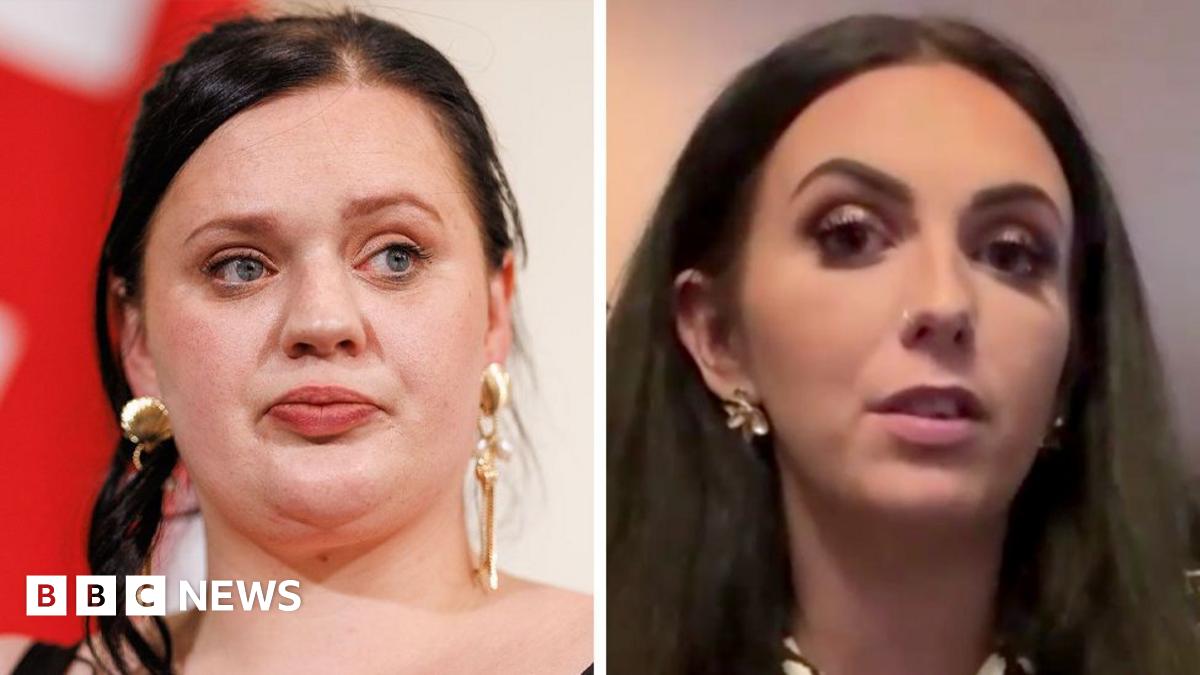Elizabeth, who is from Rotherham, said she felt the process had been “scripted and predetermined”, “rather than emerging from honest, open dialogue with survivors”.
“This sense of control and stage-management has left many of us questioning whether our voices truly matter, or whether we are being used to legitimise decisions that have already been made,” she added.
Prime Minister Sir Keir Starmer announced in June there would be a national inquiry into grooming gangs covering England and Wales, with a panel of survivors set up to oversee the process.
However, a chairperson for the inquiry has yet to be appointed.
The BBC has been told former senior social worker Annie Hudson, who had been named as a potential chair has withdrawn following recent media coverage over her candidacy.
One of the other names being considered to lead the inquiry is former deputy chief constable Jim Gamble.
A meeting between Mr Gamble and survivors took place earlier, with both sides said to have listened to each others perspectives.
Ms Goddard and Ms Reynolds had raised concerns about the suitability of the candidates shortlisted to chair the inquiry, arguing they should not have a background in policing or social work.
Ms Goddard, who was abused by gangs while living in a Bradford children’s home, said these services had “contributed most to the cover-up of the national mass rape and trafficking of children”.
Meanwhile, Ms Reynolds suggested having “establishment insiders representing the very systems that failed us” as potential chairs was a conflict of interest.
The three women have accused officials are trying to water down the inquiry by widening the scope beyond grooming gangs into broader issues of child sexual abuse and exploitation.
Elizabeth said she had seen “selective narratives being promoted – ones that appear to serve particular agendas, especially around issues of race and the narrative of widening the scope”.
Ms Reynolds, who was abused by a gang of Pakistani brothers in Barrow, said the “final turning point” in her decision to quit was a move to widen the inquiry “in ways that downplay the racial and religious motivations behind our abuse”.

